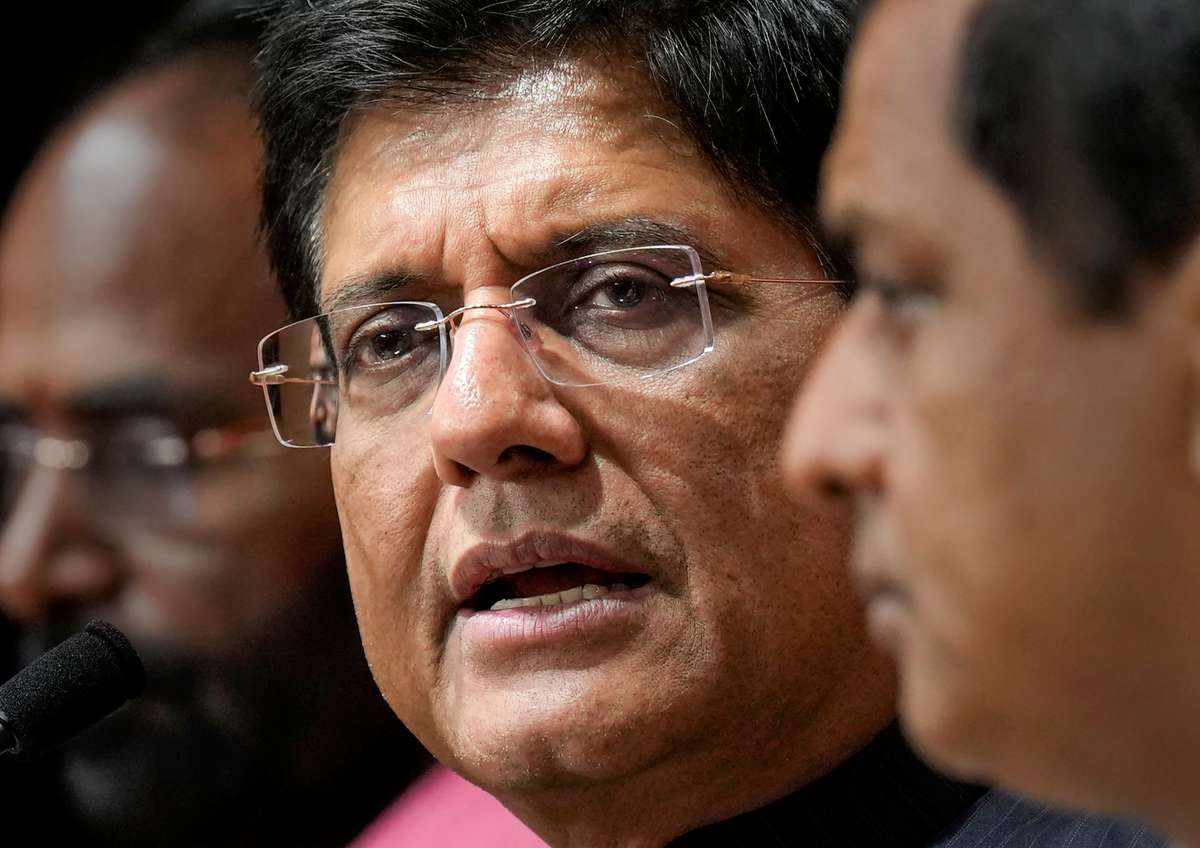Image Source : FILE PHOTO Representational image
A statutory regulator like SEBI cannot be asked to take as “gospel truth” something published in media, the Supreme Court observed on Friday while hearing arguments on the pleas concerning the Adani-Hindenburg row.
A bench headed by Chief Justice DY Chandrachud asked advocate Prashant Bhushan, who was representing one of the petitioners and was referring to Hindenburg report as well as some reports by the media and the Organised Crime and Corruption Reporting Project (OCCRP), should the SEBI be following up journalists.
“Therefore, should SEBI be following up journalists and ask a journalist, who is not subject to their jurisdiction, to disclose the underlying material,” said the bench, also comprising justices J B Pardiwala and Manoj Misra.
“I don’t think you can ask a statutory regulator to take as a gospel truth something which is filed in a newspaper, whether in the Guardian or the Financial Times.
We have no reason to discredit them (SEBI)…,” the CJI observed.
Bhushan said if a journalist can get hold of the documents, how the SEBI, with all its vast powers of investigation, was not able to get hold of these materials.
“There is a growing tendency of planting stories outside India to influence things and policies inside India,” Solicitor General Tushar Mehta, appearing for the SEBI, said.
The apex court reserved its order on the pleas concerning the Adani-Hindenburg row on allegations of stock price manipulation. During the hearing, Bhushan said there were many factual revelations made in the Hindenburg report.
“We don’t have to treat what is set out in the Hindenburg report as ipso facto a true state of affair,” the bench said, adding that was why it had asked the SEBI to investigate the matter.
“Therefore, we asked SEBI that you go an exercise your powers and test what has now come to light. You treat these as revelations or disclosure of allegations and you now exercise your jurisdiction as an adjudicating body,” it said.
When Bhushan said several credible information were there in the Hindenburg report, the bench observed, “As a court, how do we treat it as credible? We will have to rely on our investigative agencies to investigate it”.
“We can’t make that assumption that it is either credible or lacking in credibility,” it said.
The bench observed it has no reason to “discredit” SEBI, which probed allegations against the Adani group, as there was no material before it to doubt what the market regulator has done.
At the outset, Mehta apprised the bench that investigation in 22 out of the 24 cases relating to allegations against the Adani group were over.
“For remaining two, we need information from foreign regulators etc. and some other information. We have been in consultation with them. Some information has come but that is where we are not in control of the time limit for obvious reasons…,” he said.
The bench also heard submissions of advocates representing other petitioners.
A Supreme Court-appointed expert committee had in an interim report in May stated that it saw “no evident pattern of manipulation” in billionaire Gautam Adani’s companies and there was no regulatory failure.
It, however, cited several amendments the SEBI made between 2014 and 2019 that constrained the regulator’s ability to investigate, and its probe into alleged violations in money flows from offshore entities has “drawn a blank”.
The Adani Group’s stocks had been bludgeoned on the bourses after Hindenburg Research made a litany of allegations, including those about fraudulent transactions and share-price manipulation, against the business conglomerate. The Adani Group dismissed the charges as lies, saying it complies with all laws and disclosure requirements.
ALSO READ | India’s forex reserve surges by $5.08 billion to rise 11-week high at $595.40 billion
Latest Business News
Source link





